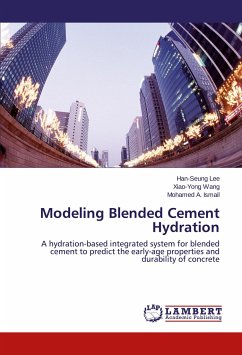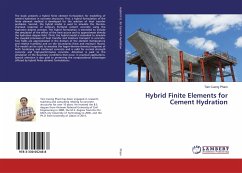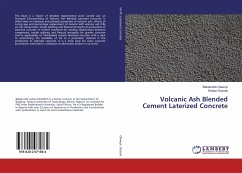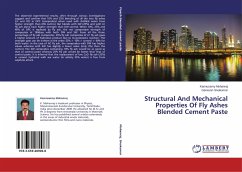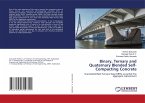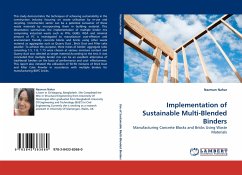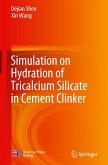Fly ash, silica fume, and granulated slag, are among the industrial by-products that are widely used in Portland cement concrete. A numerical model is proposed to simulate the hydration of concrete containing silica fume, fly ash and slag. The model of the effect of applied hydrostatic pressure on cement hydration is also proposed. Based on the degree of hydration of cement and mineral admixtures, the early-age properties of hardening concrete, such as the evolution of calcium hydroxide, the chemically bound water and porosity, the hydration heat evolution, the autogeneous shrinkage and drying shrinkage, the development of compressive strength and elastic modulus, the temperature distribution under a semi-adiabatic condition, and early-age viscoelasticity behavior (basic creep), are predicted. The prediction procedures are verified with the experimental results from literatures. It is hoped that this book will be fulfilling the long waited subject by Science Students as well as Civil Engineers and Architects.
Bitte wählen Sie Ihr Anliegen aus.
Rechnungen
Retourenschein anfordern
Bestellstatus
Storno

